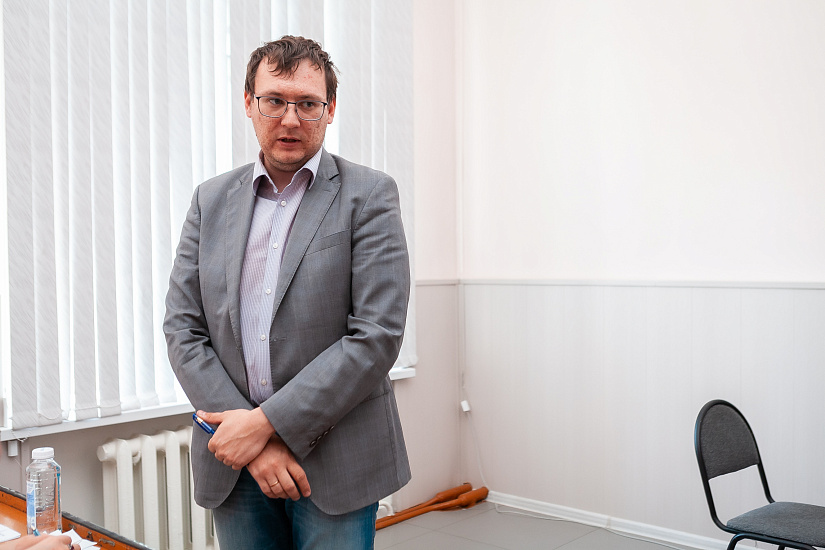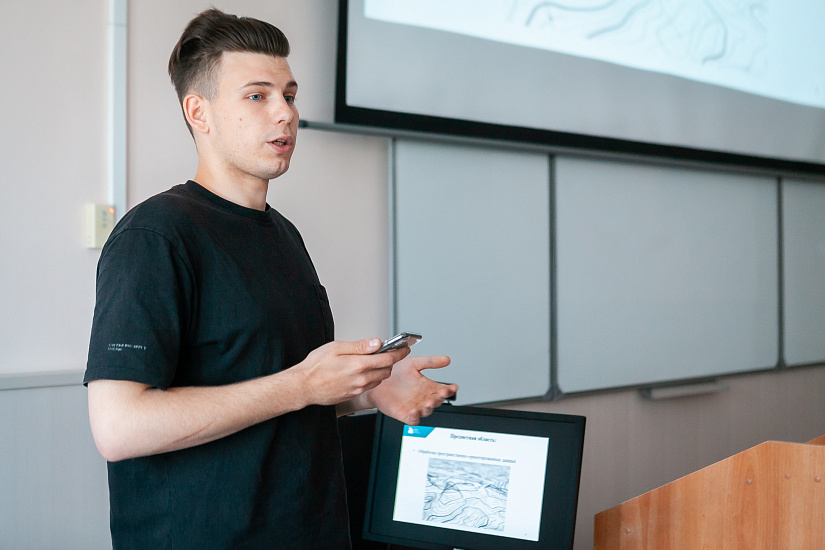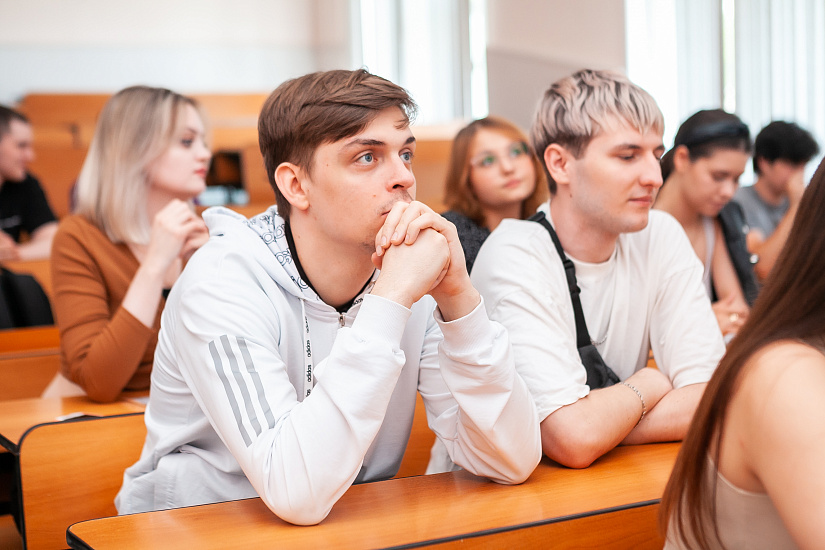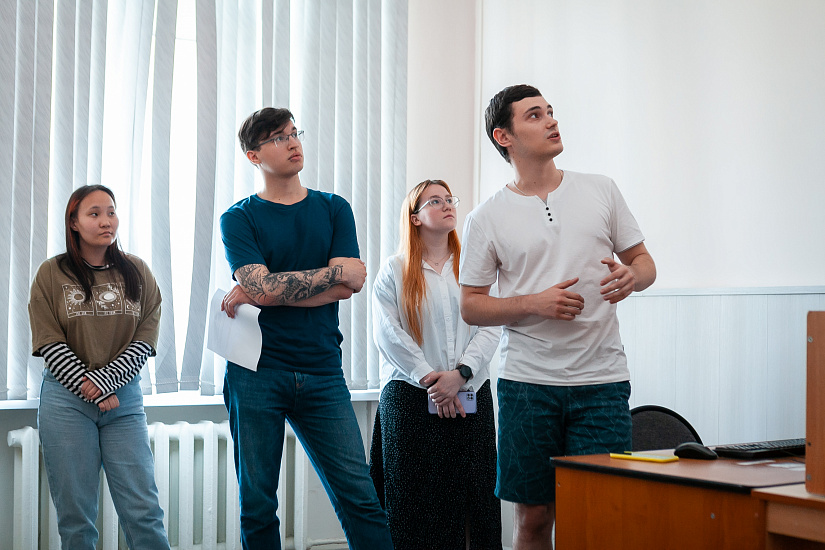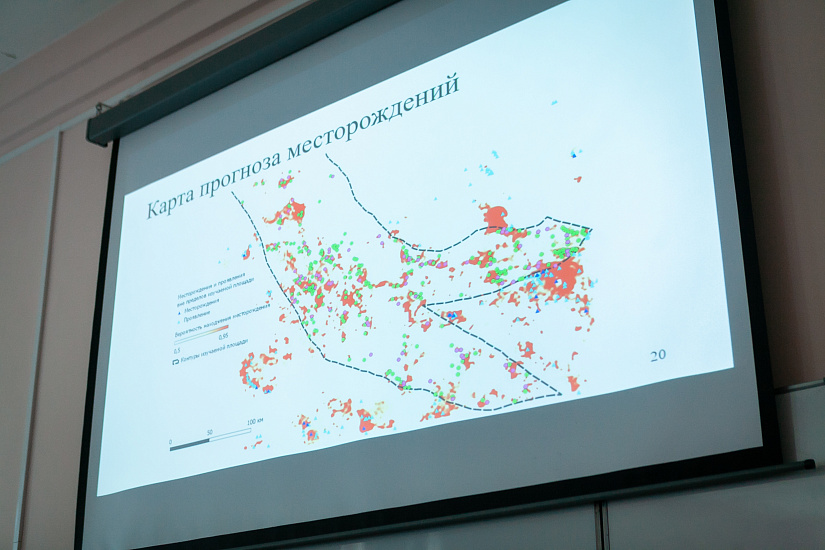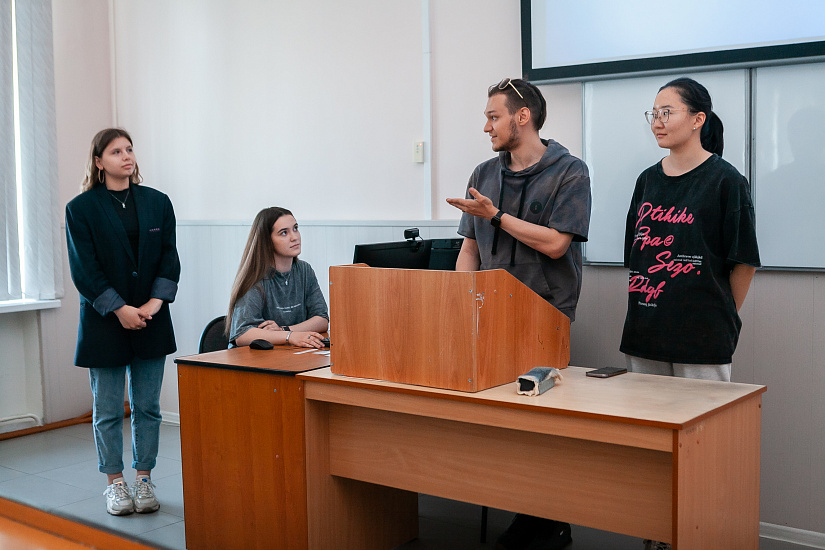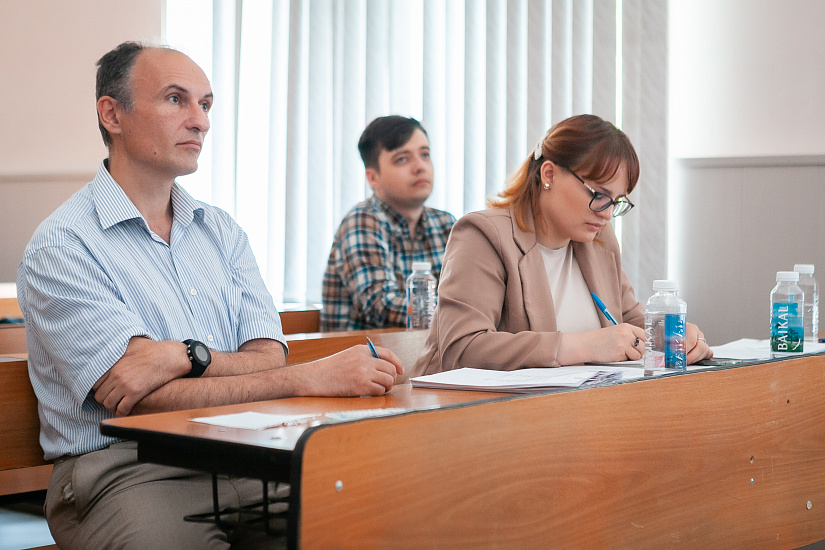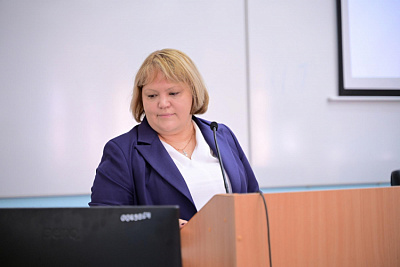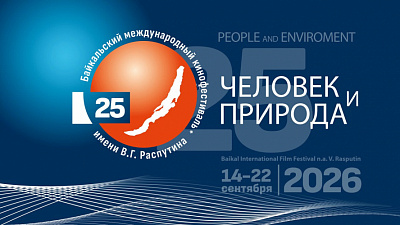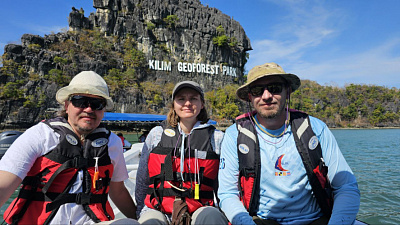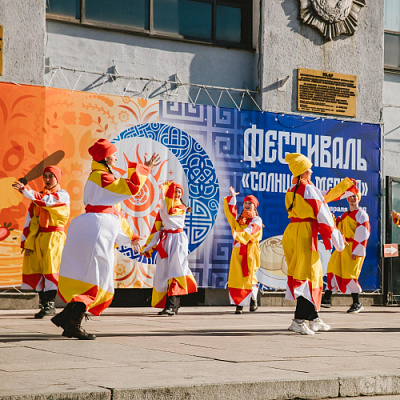Digital Department of INRTU: 800 students will receive retraining diplomas in the IT field
The first projects of Digital Department are defensed at INRTU within the Priority 2030 Program. From 1 to 23 June about 800 future engineers, miners, economists, mechanical engineers, metalworkers and chemists will present their developments.
Digital Department is a project of the Ministry of Science and Higher Education and the Ministry of Digital Development, Communications and Mass Communications of the Russian Federation, implemented in INRTU as part of the Priority 2030 Program. It has been launched to provide priority sectors of the economy with highly qualified personnel possessing IT competencies. The project was initiated by Innopolis University, Republic of Tatarstan, Russian Federation.
Starting from September, depending on their basic education, the INRTU students were engaged in the three areas: ‘Development of Applied Software in Python Language’, ‘Development of Applied Software for Data Analysis and Management’ and ‘Web Resources Promotion and Design’.
During the academic year, students passed the test twice on the platform of the Innopolis University. The key event was the defense of the team project. Nikita Lukyanov, Head of E-learning Center who manages the Digital Department of INRTU, said that the classes were conducted by invited experts, young post-graduates and professors of the university, who passed the online course ‘2.0_Python as a foreign language’ at the Higher School of Economics, Moscow.
“For each student group we assigned a young teacher in the specialty. This approach allowed students to understand how IT technologies can be applied in their future profession, and at the end of the training course to present worthy projects. I would especially like to highlight the projects of chemists and metallurgists, who worked under the supervision of postgraduate student Anna Zaitseva. For example, metallurgists have created a program to calculate the composition of the charge based on the given chemical composition of the concentrate. The IT solution will reduce labor costs in production by several times and will reduce the risk of human factor," - says Nikita Lukyanov.One of the invited teachers was Alexey Tsybykov, an INRTU graduate of the bachelor’s and master’s degree programmes. He is currently a postgraduate student at Melentiev Energy Systems Institute, the Siberian Branch of the Russian Academy of Sciences.
“I taught third-year economic security students how to program in Python. Most of the students first tried their hand in IT. However, at the defense we were able to present eight qualitative applications. I liked teaching at the Digital Department, was especially pleased with the feedback of interested students and the joint work on final projects”.The application for automation of geodata processing was presented by students of the Siberian School of Geosciences (SSG). Alexey Savkiv was responsible for the development of the concept, interface and program code.
“At SSG, our team works as laboratory technicians, so we often process geodata manually. It takes days. With Python, you can do this time-consuming work in minutes. Thanks to the training at the ‘Digital Department’ I got IT competencies that will help in my main profession. Besides, programming has become my new hobby," - said Alexey.Konstantin Kirichenko, Associate Professor of the Institute of Mathematics and Information Technologies of Irkutsk State University, Chairman of the Final Attestation Commission, highly appreciated the student projects:
“The INRTU students have created working software products in a short period of time - this is a great achievement for non-IT students. I was interested in a project for future economic security experts. They developed software to calculate the waste disposal costs of an oil and gas company. The authors immersed themselves in the topic, studied the legislation in this sphere, competently made the technical task”.It should be noted that after successful defense the graduates of Digital Department will receive state diplomas on professional retraining. The document will allow to become more in demand in the labor market, to claim high wages.
In the new academic year the second enrollment of Digital Department will be launched in five educational directions. The program will be supplemented by courses in reverse engineering, as well as the development and programming of microcontrollers.
Photos by Arseny Chekmariov
